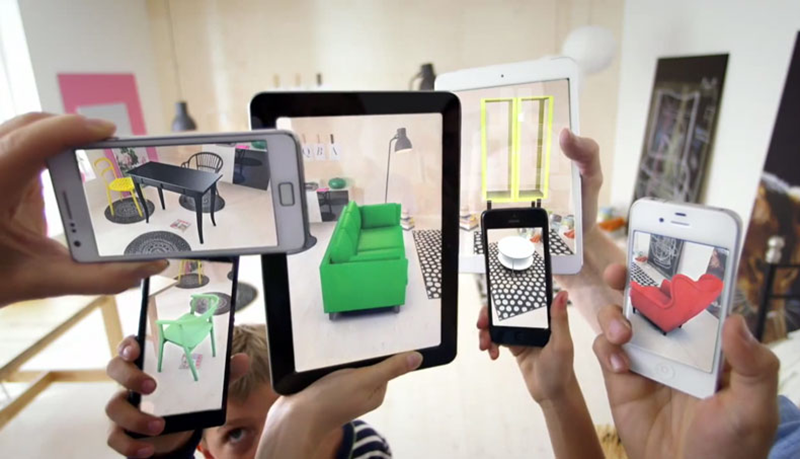Technology impacts our lives and workplaces in many ways. From mobiles and smartwatches to computers and AR goggles, technology is making a big difference in the way we live and work. This article discusses how technology is changing the way we work.
Related Aerin X Developing Augmented Reality Solution to Reduce Airplane Crashes
Training Employees
Many companies are integrating augmented reality (AR) or Microsoft HoloLens in their training program for employees. In healthcare, AR glasses allow doctors to practice complex medical procedures in a 3D environment. Using AR companies can develop a training program that’s consistent for each employee and at the same time it enables the worker to develop confidence in their role, reports Forbes. This program can also reduce risk of injuries for new employees.
Retail Sales
Retail businesses are also integrating AR into their businesses. Using augmented reality, a retailer allows shoppers to seen the item they want to buy in a 3D model. If the shopper chooses to buy it they can do so with a simple tap on their AR headset.

Augmented Reality in Industries
Industries can gain a lot from augmented reality. Technicians working in the field can receive support from a worker located in another place. The remote employee can superimpose models of a vehicle engine, for example, helping the technician get a glimpse of the product in real time.
Designing
Augmented reality can impact the design and creative spaces enormously. Various augmented reality companies are already using this technology to help businesses. By introducing AR, a manufacturing company could help its product designers, who will be able to quickly take the design and turn that into a 3D model.
Related Augmented Reality Getting Even More Realistic With Big Businesses Jumping In
“Developing apps that give companies the ability to superimpose 3D models into physical spaces will allow them to deliver stronger sales and marketing material. Artists and CAD (computer-aided design) modelers will also benefit from AR, as it gives them the means to render products and other assets in a 3D space for easier workflow and presentation,” writes Lorne Fade in the Forbes article.












